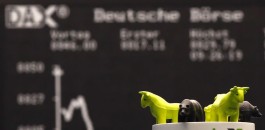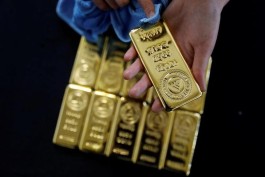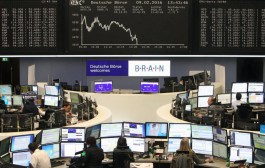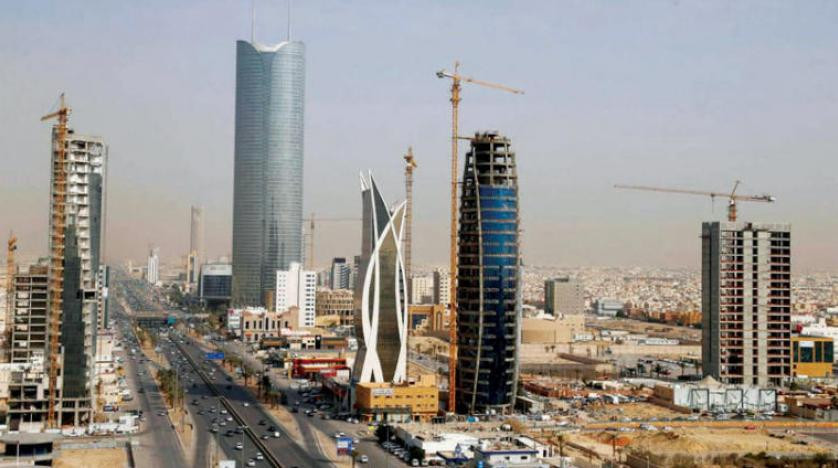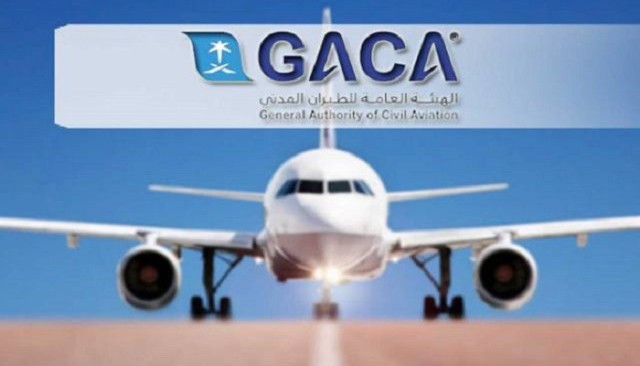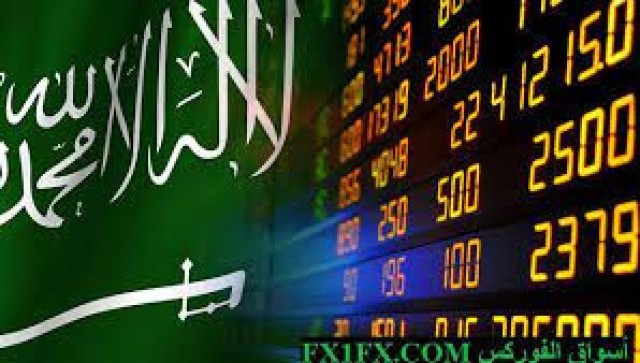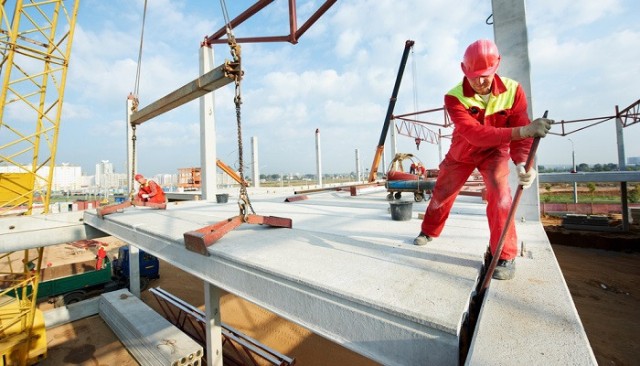New business growth in Saudi Arabia hit a five-month high, as IHS Markit said job creation also rose at the fastest pace since late 2019, but was generally modest.
According to Arab Net, the IHS Markit PMI settled at 56.4 in the Kingdom in June, unchanged from May, and the measure was raised primarily by the fastest rise in new orders since the beginning of 2021.
Input prices rose, but there were indications that inflationary pressures had peaked.
New business flows increased significantly as a result of improved demand conditions, and orders from abroad rose, but the growth of overall demand was mainly a result of increased domestic sales.
Business confidence in the kingdom was at a five-month high, with companies expecting further easing of Covid-19 measures.
In the UAE, the business climate improved at a slightly weaker rate last month, as coronavirus-related measures and flight cancellations slowed gains.
On Monday, the Purchasing Managers' Index showed that non-oil business activity in the UAE gradually fell to its lowest level in four months. There was a sharp drop in overseas sales as companies reported time lags in raw material supplies.
However, the employment rate rose for the first time since January and at the fastest pace in more than two years.
Business conditions continued to improve only at a gradual pace in June, said David Owen, economist at IHS Markit, adding evidence of a mixed initial recovery from Covid-19 in the UAE's non-oil sector.
The UAE PMI fell to 52.2 in June from 52.3 the previous month. The gauge also fell to its lowest level since February, amid a slower rise in new orders.
The shortage of raw materials drove input prices up at the fastest pace in three months, leading companies to raise fees for the second time in nearly three years.
The outlook for activity improved for the seventh consecutive month, although it was moderate. Demand growth slowed for a second month, but companies noticed an improvement in customer demand.


















